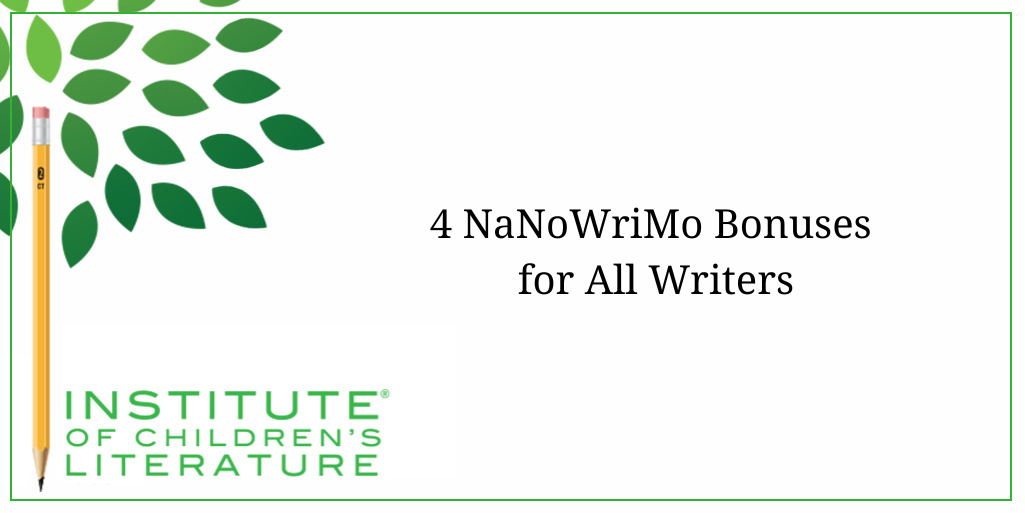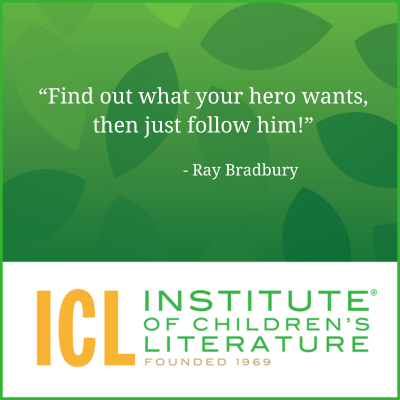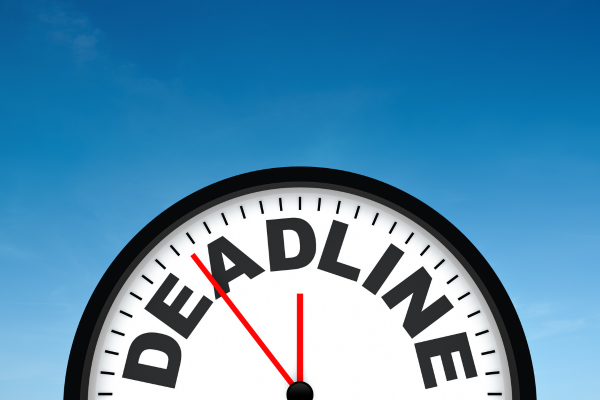
5 Ways Writers Can Prep for 2025 Goal Setting
Before we roll on to the new writing year, let’s harness our optimism for the blank slate before us and prepare for our 2025 Goal Setting just for writers.

NaNoWriMo or National Novel Writing Month is upon us. By this point, you’re either on board or you’ve decided to pass this year, but even if you don’t take part in the effort to write a novel in a month, there are benefits to NaNoWriMo that are worth adding to our writing life. Let’s take a look.
For those participating in NaNoWriMo officially, there is a set deadline for finishing the novel. At the end of the month, you need to have a rough draft of at least 50,000 words to “win,” so that creates a deadline and a goal. You meet the deadline, you win.

In order to write 50,000 words in a month, successful participants of NaNoWriMo write every day or nearly every day. The habit of writing daily or nearly daily is essential to productivity for every writer. It’s far too easy to let days pass without production. And once you get in the habit of not writing, it’s difficult to get in the habit of writing. Since a self-propelled habit takes about a month to develop, NaNoWriMo is especially good for making participants more productive even after the event is over.
NaNoWriMo isn’t the only way to pick up the daily writing habit. Taking a writing course can give you the impetus toward daily writing. So can picking up a writing-for-fun habit. Writing for fun means finding an enjoyable warm-up exercise to do daily. Once the exercise is finished, you may have the energy and focus to jump into your work in progress, or you may decide you are done for the day, but you will have flexed your writing muscle and your creativity will benefit.

Writing prompts offer you freedom within form, thus helping avoid the “white page” problem of coming up with something to write about when your own ideas are pressing you to write. They can be a valuable tool for getting a daily writing habit started (or keep one going after your NaNoWriMo month is over).
By forcing writers to produce a certain number of words per day, NaNoWriMo forces writers into a flow that bypasses the inner self-critic. The self-critic only wants you to write if you write well. It nitpicks and corrects even while you’re trying to slip into production mode. Part of becoming a successful writer is harnessing that self-criticism and only letting it loose when you need it, not when you’re trying to be creative.
For painters and other sorts of visual artists, there is often an “ugly” phase in the creation of any artwork. At the ugly phase level, the inner self-critic tries to convince the artist that the piece is garbage and should be abandoned. But artists learn, over time, to trust the process and stick with a piece until it is done. The result may not be perfect, but it will always be an improvement on the ugly phase.
Writers need to learn to trust the process as well. This involves allowing your creative side to keep putting words on the page and keep throwing things into the piece until you begin to find the shape and flow that will be the ultimate finished story or article. Let your work have its ugly phase and let go of the need to fix it immediately.

I’m slowly learning to trust the process, and better productivity has been the result. I finish more things. And since I cannot sell what I do not finish, letting go of the need to be perfect while writing has done great things for my publication rate as well.
For those who join ed the official NaNoWriMo challenge, the nonprofit organization offers forums to share with other writers and help in creating writing groups for more interaction. Having a community of writers to talk about the struggle of writing and to cheer the small successes is incredibly useful for morale. Whether you connect with a large writing group or a single writing friend, the connection can help you build accountability for doing the work of writing, even when it’s not as fun as you’d like.
Though the NaNoWriMo forums are free and busy, they aren’t the only place where you can connect with other writers. Facebook has writing groups, some private with invitation only and some open, where you can connect with other writers as well. When I go to the groups tab on Facebook, and then press “Discover” in the left column, Facebook offers me lists of groups that might interest me. Since I talk about writing a lot on Facebook, many of the groups it suggests are writing groups. You can also create a group of your own with writing friends or search for groups that interest you.

If you don’t want to meet in a library, I’ve seen many groups form and meet at coffee shops. A coffee shop can be especially good if you have a small group of three or four people who primarily want to get together and work rather than chat. But wherever you meet—online or in person—and however many writing friends make up your group, you’ll benefit from the shared experience and the accountability such groups offer.
If you’re participating in NaNoWriMo, good for you! I hope you get your rough draft done and it ultimately becomes a book you publish. If you’re passing this year, then consider adding the benefits of NaNoWriMo anyway. Create your own deadlines with rewards, find a community or a friend to help you stay accountable, use prompts to build your daily writing habit, and muzzle that self-critic. The benefits you reap will definitely be worth the effort.
With over 100 books in publication, Jan Fields writes both chapter books for children and mystery novels for adults. She’s also known for a variety of experiences teaching writing, from one session SCBWI events to lengthier Highlights Foundation workshops to these blog posts for the Institute of Children’s Literature. As a former ICL instructor, Jan enjoys equipping writers for success in whatever way she can.

Before we roll on to the new writing year, let’s harness our optimism for the blank slate before us and prepare for our 2025 Goal Setting just for writers.

Writers can be thin-skinned when it comes to getting feedback on their work. Let’s look at 4 ways to positively deal with constructive criticism!

Rejection is part of the territory when it comes to being a writer. Today we offer reflection for writers to help redirect your efforts after a rejection.
1000 N. West Street #1200, Wilmington, DE 19801
© 2024 Direct Learning Systems, Inc. All rights reserved.
1000 N. West Street #1200, Wilmington, DE 19801
© 2024 Direct Learning Systems, Inc. All rights reserved.
1000 N. West Street #1200, Wilmington, DE 19801
© 2024 Direct Learning Systems, Inc. All rights reserved.
1000 N. West Street #1200, Wilmington, DE 19801
© 2025 Direct Learning Systems, Inc. All rights reserved.
1000 N. West Street #1200, Wilmington, DE 19801
©2025 Direct Learning Systems, Inc. All rights reserved. Privacy Policy.